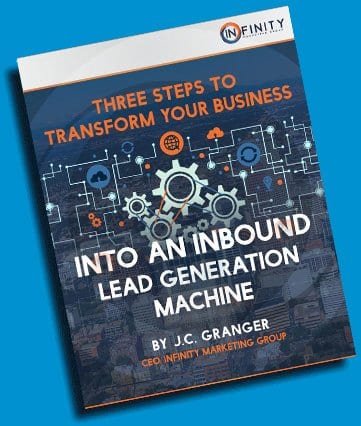Software as a service is an incredibly competitive market when it comes to search engine optimization. Over the last half-decade, the SaaS space has exploded and, thanks to all that growth, the fight for high keyword rankings is a brutal one. So what SEO strategies can your SaaS company use to stand out against the competition?
How do you tell if your IT service PPC (pay per click) campaign is doing well? Simple: you look at the numbers. Effective marketing is just as much about analyzing data as it is about creative content or ads. To really get a feel for how your ad campaign is faring, you need to track certain important PPC indicators.
Marketing for Software as a Service is different than marketing software traditionally. It’s also different than marketing a true service, since you still have to focus on selling the product. Luckily, the unique marketing advantages of social media for SaaS help make marketing for software in this space easier. Social media may be a needed part of your digital marketing arsenal to start, but a smart marketer can make it work especially well for SaaS.
Successful SaaS marketing, or Software as a Service, does not follow the same marketing model as a one-and-done software purchase does. The SaaS business model depends on a much different approach to customers, lead generation and sales conversion. Because of the way SaaS is designed, it doesn’t neatly fall into traditional marketing strategies for physical products or for a service– after all, you still have to sell the customer on the product itself.
Getting your social media followers to engage with your content when you’re a tech company can be a lot like trying to get middle-school students to like math. What your content is providing them can be incredibly necessary but, especially when it comes to B2B focused content, the granular nature of the information you’re sharing can be dense and boring. Not every tech company can be selling sleek-looking electric cars or a sexy new phone app.
If your online sales funnel is a bonfire, pay-per-click marketing (PPC for short) is the starter stick. Social PPC campaigns act as a quick, fast-burning source of traffic to help the other parts of your funnel get moving. Pay-per-click can get you in front of your customers so prospective buyers see your company first, not your competitor’s. In a fast-pace industry like the tech industry, this speed and ability to establish your brand first can be make-or-break. That’s why it’s important to include PPC marketing as part of your digital marketing strategy.
SEO: Three simple letters that seem to confuse the hell out of even the most internet savvy tech marketer. But on-site SEO, or search engine optimization, can be simplified once you understand how search engines find and serve pages to their users. Search engines are a program just like any other, and once you understand the logic behind them, it becomes much easier to optimize your on-site SEO in a way that will rocket your tech company’s website up the search rankings.
Over the last several years, social media influencers have become a viable channel for marketers of all types to bring their products to market in ways that were previously unattainable. The FTC has also observed this explosion of opportunity and has shot a few arrows over the bow in regards to native advertising disclosure, even calling out major brands like Warner Bros.
For years, the industry has loudly proclaimed the impending death of email. Ignore them—email continues to be the number one direct channel to your customers when taking daily use and consumer preference into consideration.
We are all familiar with traditional lead generation campaigns. It’s well-documented that developing your sales funnel is the key to online success. Especially if you’re marketing for tech companies like SaaS, Apps or IT Services.
Guys, it’s almost 2018. If you’re not incorporating a strong call-to-action (CTA) on your website or e-mail blast – you’re missing out! Just as Netflix leads to chill, CTAs are a direct path to conversions and revenue—and who doesn’t love a little ROI? (Hint: Everybody loves ROI, especially your boss).
